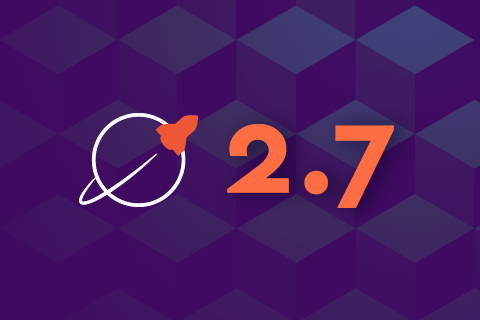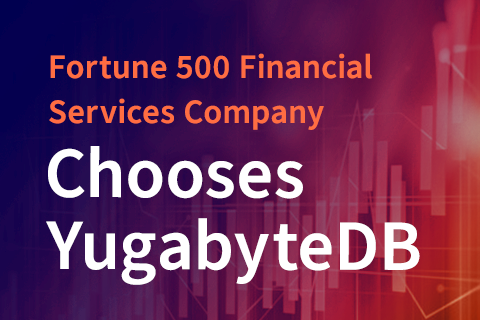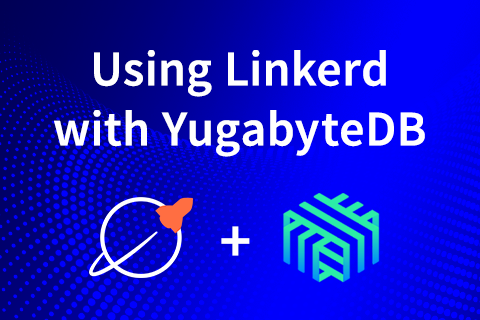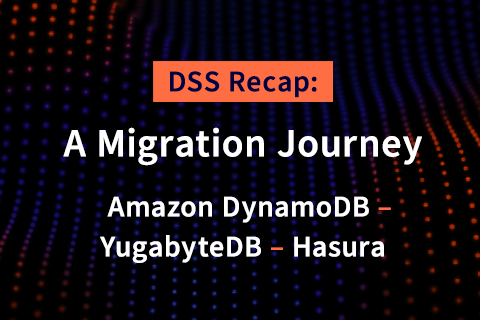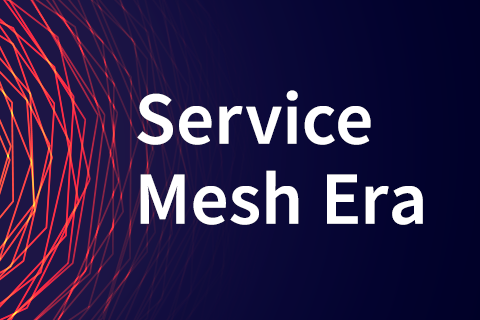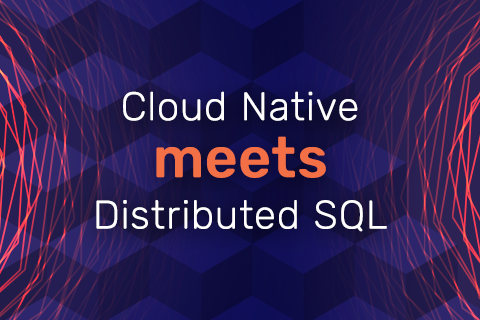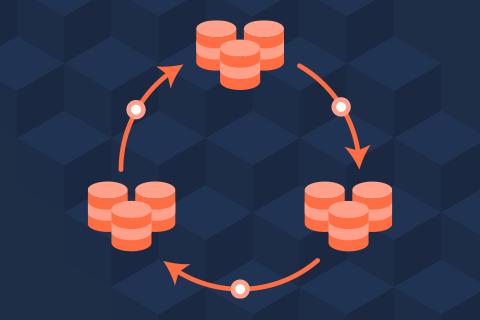Introducing YugabyteDB 2.7: The Most Comprehensive Coverage of Kubernetes Environments for Microservices
YugabyteDB is the distributed SQL database of choice for building mission-critical microservices that deliver new customer experiences, improve operations, and drive innovation. We aim to make your experience of deploying and running YugabyteDB on any infrastructure seamless, be it Kubernetes, VMs, or bare metal across private, public, and hybrid cloud environments.
With our latest release, YugabyteDB 2.7, we have added updates to give developers the scalability and resilience they need from systems of record for their microservices.
…
